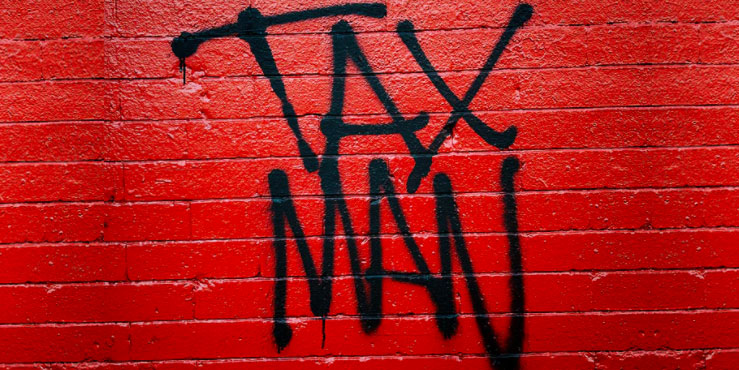
We need stronger limits to how much info the cancel squads can grab.
Cornell law professor William Jacobson, highlights an important U.S. Supreme Court ruling, writing on his Legal Insurrection blog:
In an Opinion issued today, the Supreme Court has stricken a California policy requiring disclosure of large non-profit donor information to state regulators. The case establishes the important principle that if you want to make, ahem, large donations to organizations like the Legal Insurrection Foundation, your identify would not need to be disclosed on a routine basis to state regulators.
The Internal Revenue Service requires non-profits to disclose certain large donors when filing annual Form 990 returns. The information, on Schedule B, is supposed to be non-public, unlike the remainder of the Form 990.
Advocates for such disclosure laws say they just want transparency to protect the helpless masses from the machinations of evil rich people, but in practice, the laws’ primary function is to generate lists of people whom progressive activists can intimidate in order to prevent groups they dislike from being able to pull together enough funds to survive.
That said, the Supreme Court’s ruling is not a fix, but a support against further deterioration of privacy rights. Note that the IRS still gets key information, and as Brad Polumbo reports for the Foundation for Economic Education, that still gives progressives a channel:
On Tuesday, the progressive-leaning investigative journalism outlet ProPublica published a drove of leaked IRS files intended to “expose” how some of the wealthiest Americans, like Jeff Bezos and Elon Musk, exploit the tax code to pay less in taxes. …
“There are only a few ways in which the information ProPublica examined could have made it onto the Internet,” National Review’s Charlie Cooke explains. “It could have been leaked by someone who works for — or with — the IRS. It could have been hacked by an outside group. Or it could have been surreptitiously released by a member of Congress or a Biden administration staffer. Whichever one of these happened, the conclusion must be the same: We cannot trust the IRS.”
Note that the IRS’s interests here are an extension of its authority to tax income. That implies a power to investigate income, which creates an authority to know sources. Perhaps it’s time to add this to the list of reasons to repeal the income tax.
Featured image by Jon Tyson on Unsplash.
